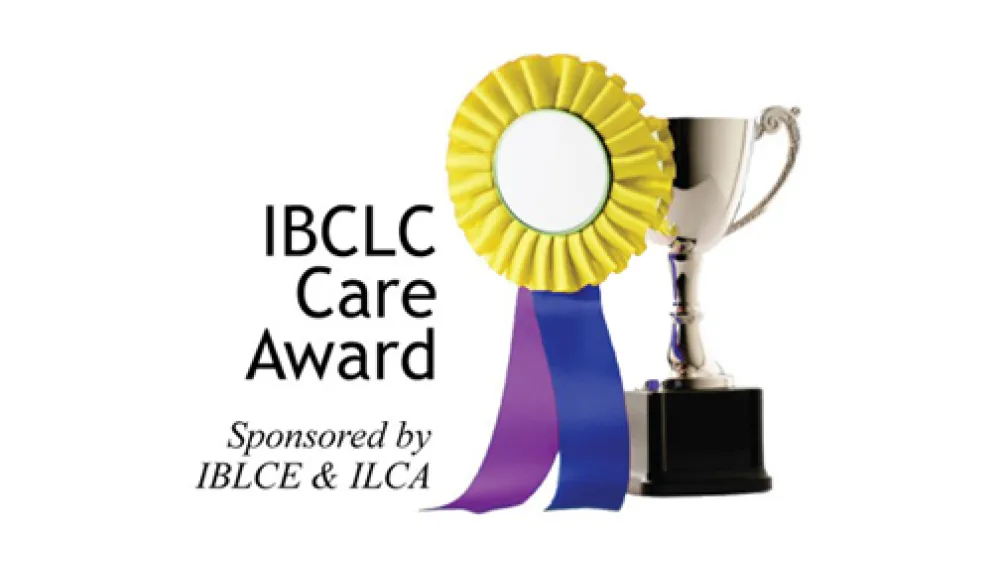Methodist Women’s Hospital Receives IBCLC Care Award
Published: June 20, 2023

The International Board of Lactation Consultant Examiners® (IBLCE) and International Lactation Consultant Association® (ILCA) have recognized Methodist Women’s Hospital for excellence in lactation care.
Methodist Women’s Hospital has received the IBCLC Care Award in recognition for staffing professionals who hold the prestigious International Board Certified Lactation Consultant® (IBCLC) certification and providing a lactation program for breastfeeding families. In addition, the facility demonstrated that it’s recently completed activities that help protect, promote and support breastfeeding.
This marks the third time that Methodist Women’s Hospital has earned the IBCLC Care Award. Methodist Jennie Edmundson Hospital and Methodist Fremont Health received IBCLC Care recognition for the second time in 2022 and will be eligible again in 2024.
“There are so many things associated with a new baby,” said Terri Perry BSN, RN-BC, Mother/Baby Service Leader at Methodist Women’s Hospital. “Our lactation consultants meet with every new mom and make sure this is one area where mom and baby both feel comfortable. We want them to be at ease when they’re with us and, more importantly, when they go home. We’re always available. Our services don’t end once families leave the hospital.”
The Methodist Women’s Hospital campus is a breastfeeding-friendly location that promotes the benefits of breastfeeding for mother and baby. Methodist’s certified lactation consultants offer inpatient and outpatient lactation support via phone, email and one-on-one meetings. Support groups and information for breastfeeding moms returning to work are also available.
Lactation staff members focus on preventive care, so they’re available during pregnancy to assess and provide information on how to successfully initiate breastfeeding. They continue that assistance after birth by helping families overcome breastfeeding challenges, providing accurate information and supporting them as their babies grow. They assist families returning to work or school and those facing unusual situations, such as breastfeeding multiple infants or a sick or premature infant. They also help train nursing staff to manage basic breastfeeding care.

